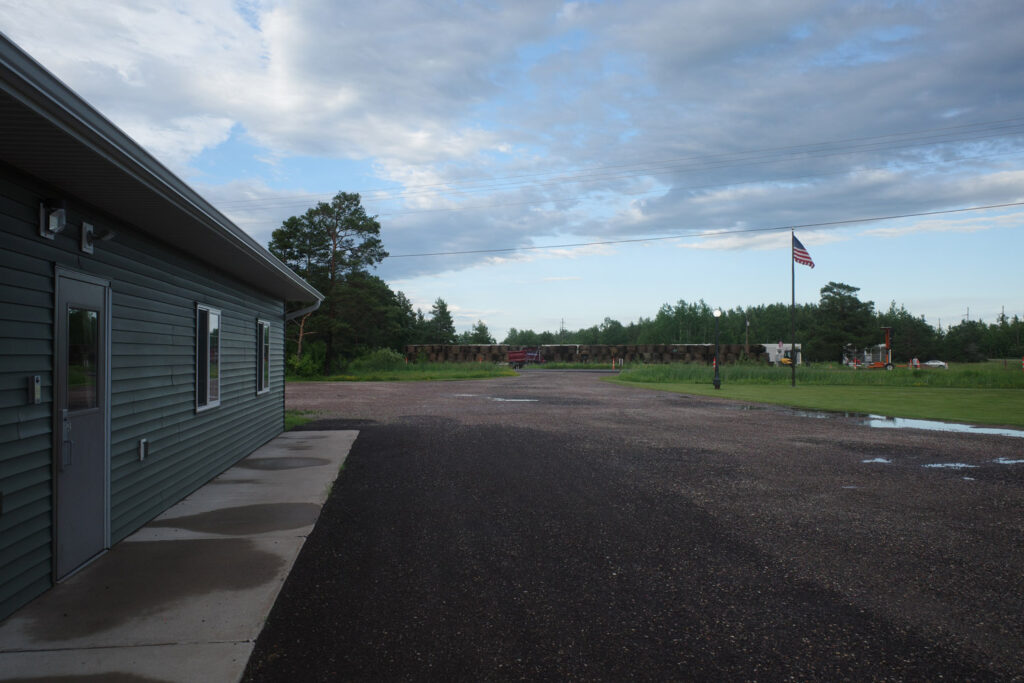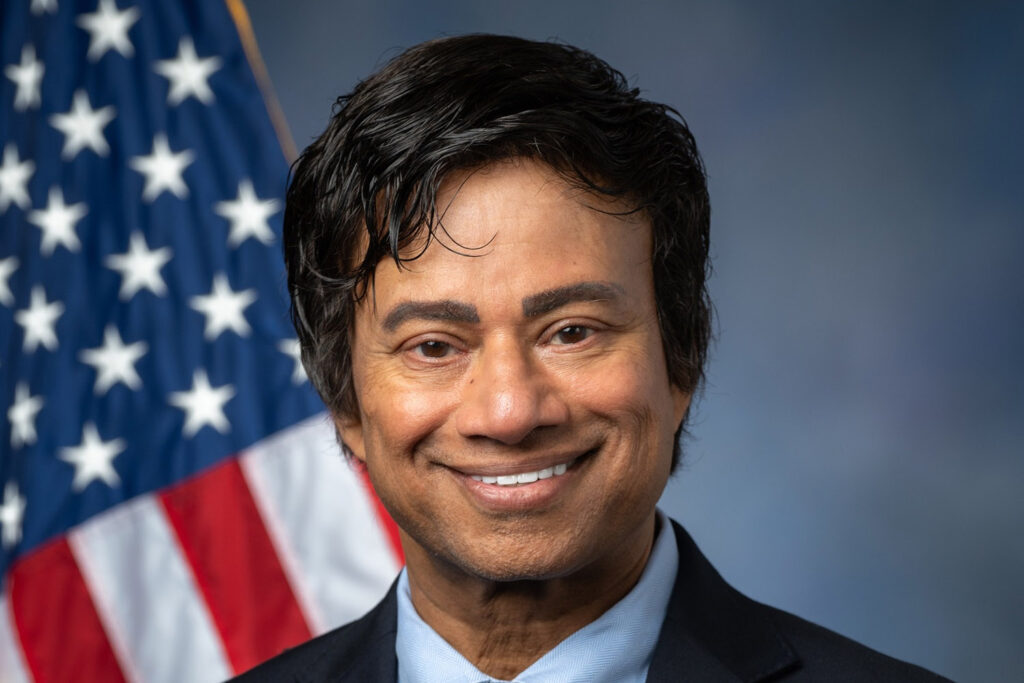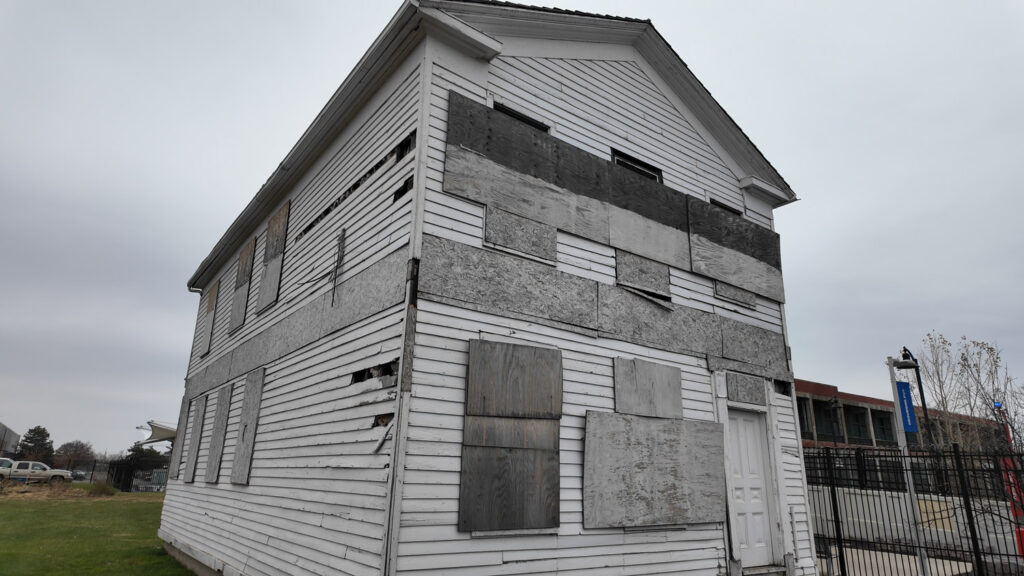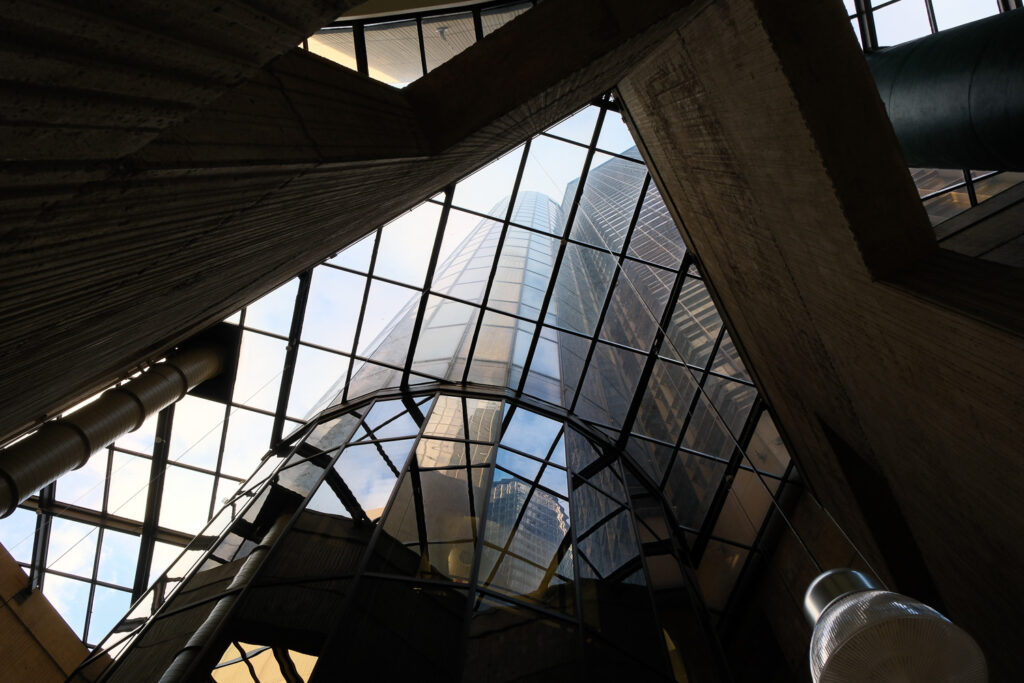Chippewa County — Nine miles outside of Sault Ste. Marie, a small, tuition-free Montessori charter school is going up against the newest technology trend: Bitcoin.
Now, a legal battle is brewing at the intersection of education and business. Lake Superior Academy, a K-5 program with a year-round outdoor learning model, is struggling to carry out its mission because a noisy bitcoin mining operation moved in next door.
Based on the Montessori method, Lake Superior Academy’s curriculum focuses on hands-on learning and prepared environments, a style that has become impossible with the noise pollution coming from across the street. Since Odessa Partners LLC began its high-noise project in March, the school has been forced to bring students indoors, disrupting a core part of its educational approach.
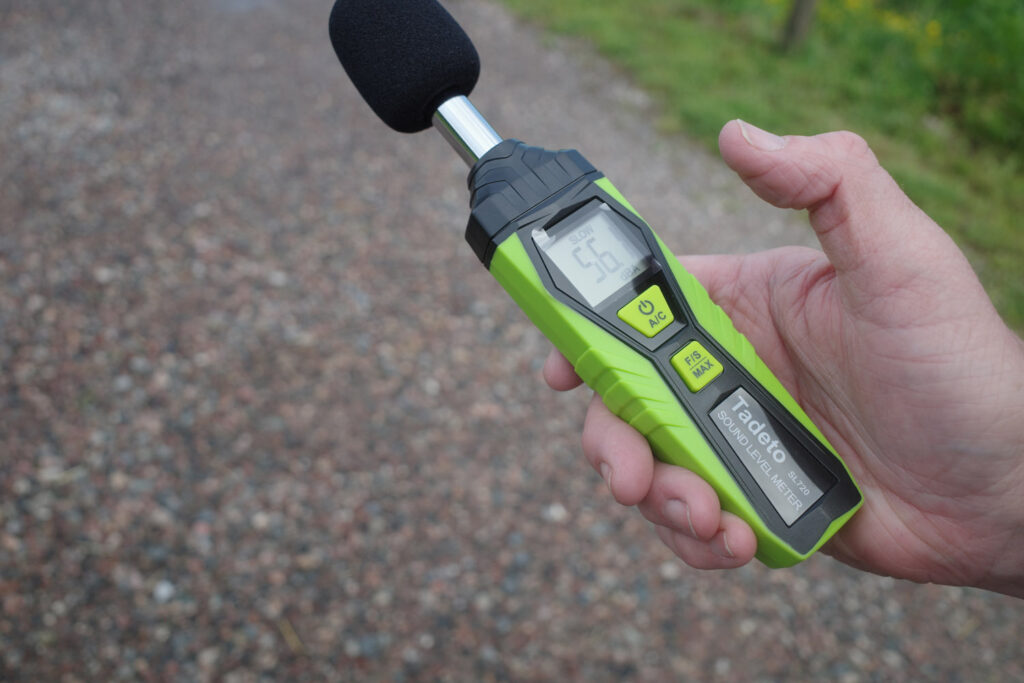
Only 100 yards away from the school, the machines run day in and day out, creating a constant hum. While the superintendent of the school, Susie Schlehuber, has no qualms with the concept of Bitcoin, she does take issue with the disruption it causes to the school.
“These pods were just dropped down next door to us one day, and the noise has been constant ever since,” Schlehuber said in a press release. “I’m not sure anyone would want to live next door to one of these operations, but we are uniquely affected by the loud, annoying noise because so much of our curriculum utilizes outdoor classrooms.”
Many of the school’s outdoor activities, one of which includes birdwatching, have suffered because of the noise. The students can’t hear the birds’ songs with the constant disrpution.
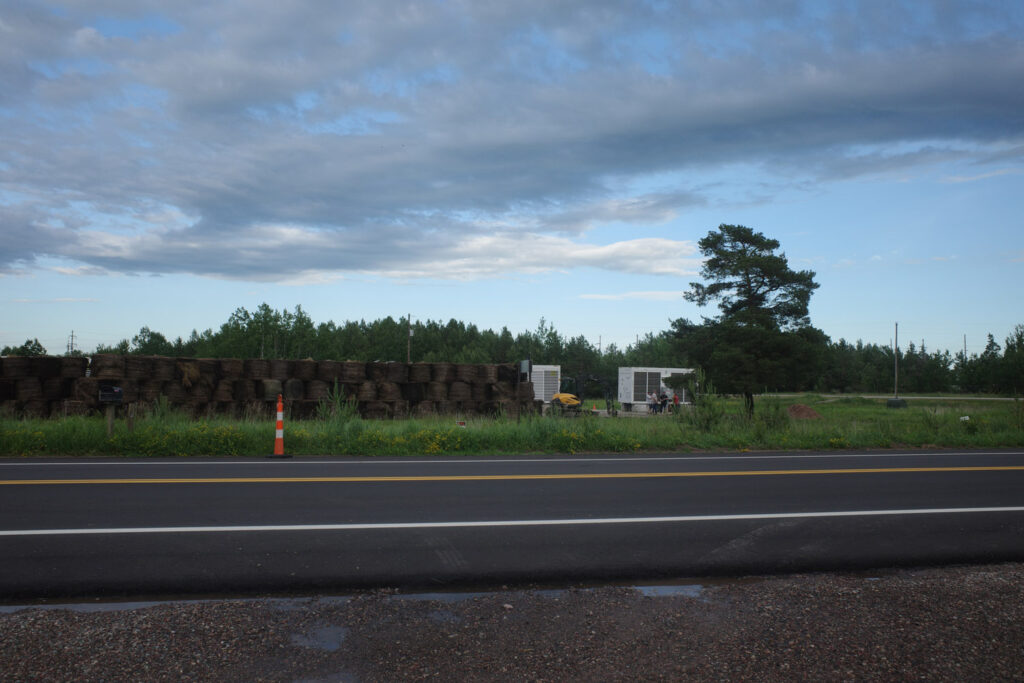
Also outside, the students interact with a live sturgeon, play musical instruments, read in special huts, and tend to rabbits, just to name a few of the activities at the academy.
Beyond making the actual schooling more difficult, noises at this level pose health threats. Reaching 70 to 90 decibels, the noise from the fans is potentially dangerous to the students and surrounding wildlife. Prolonged exposure to noise at 85 decibels can cause hearing loss—and, if the sound increases even by a few decibels, damage can happen even quicker.
Lake Superior Academy had plans to expand and welcome an additional 40 students, plans that were stopped amid the conflict with Odessa. Two additional planned classrooms would have increased the student body of 90 students by almost 50%. After back and forth with Odessa, the company decided to place hay bales around the machines, and told Schlehuber it should significantly decrease the noise. But that had a minimal effect.
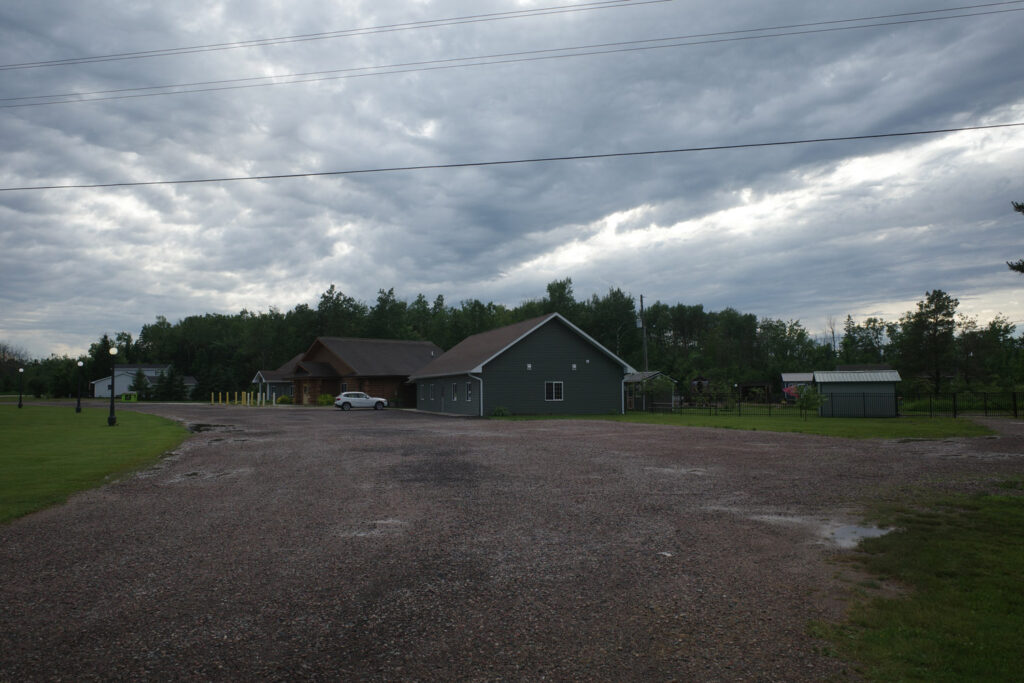
At the end of last month, Lake Superior Academy earned a small win in the case, as a local Chippewa County judge granted a temporary restraining order on Odessa, meaning, for the time being, that the company can no longer operate its machines across the street from the school.
A press release explains that the school’s nuisance claim has grounds, as the continuation of the data mining project could cause irreparable harm. There is a follow-up hearing set for August.
“We tried hard to avoid going to court, but our students, staff, and visitors deserve a learning environment free of the constant noise, and we were just out of other options,” Schlehuber said.
Kamden Mulder is a reporting fellow for Michigan Enjoyer.
